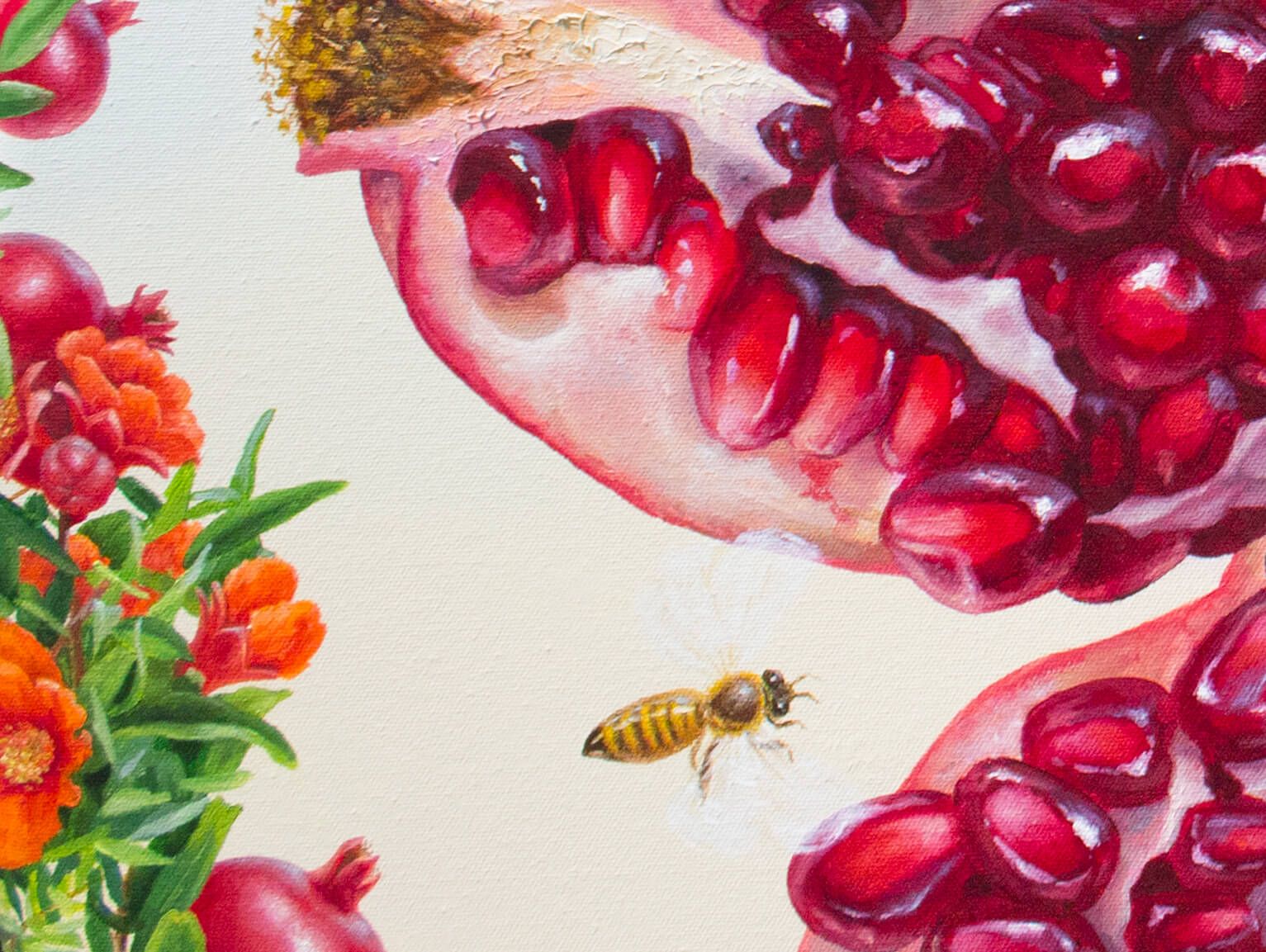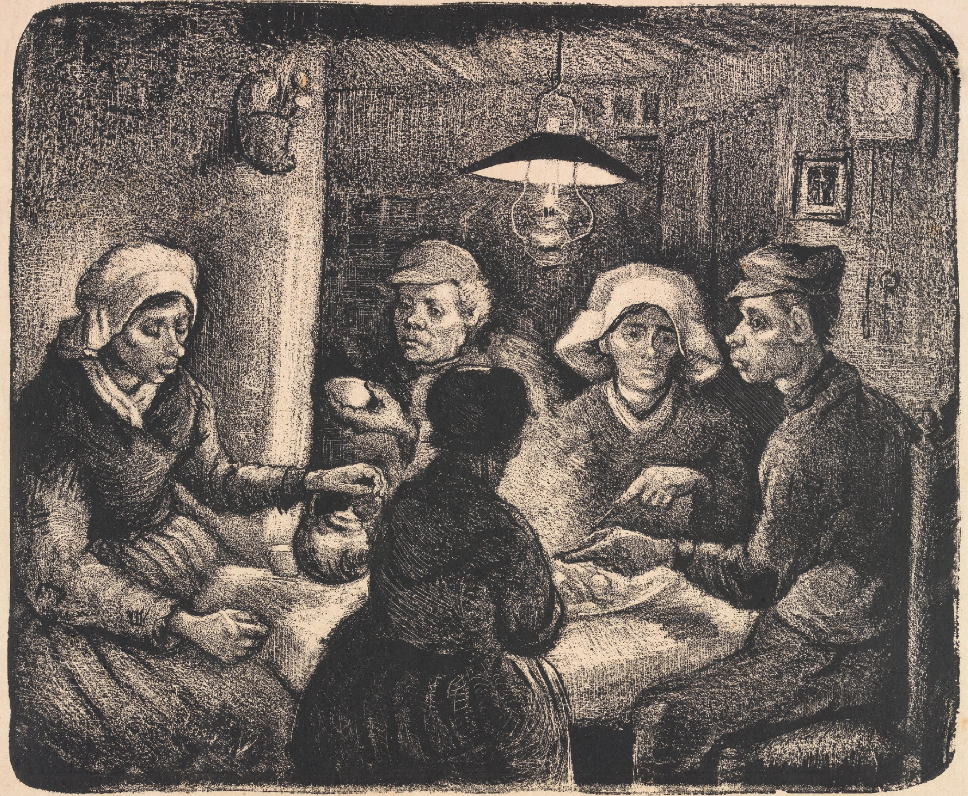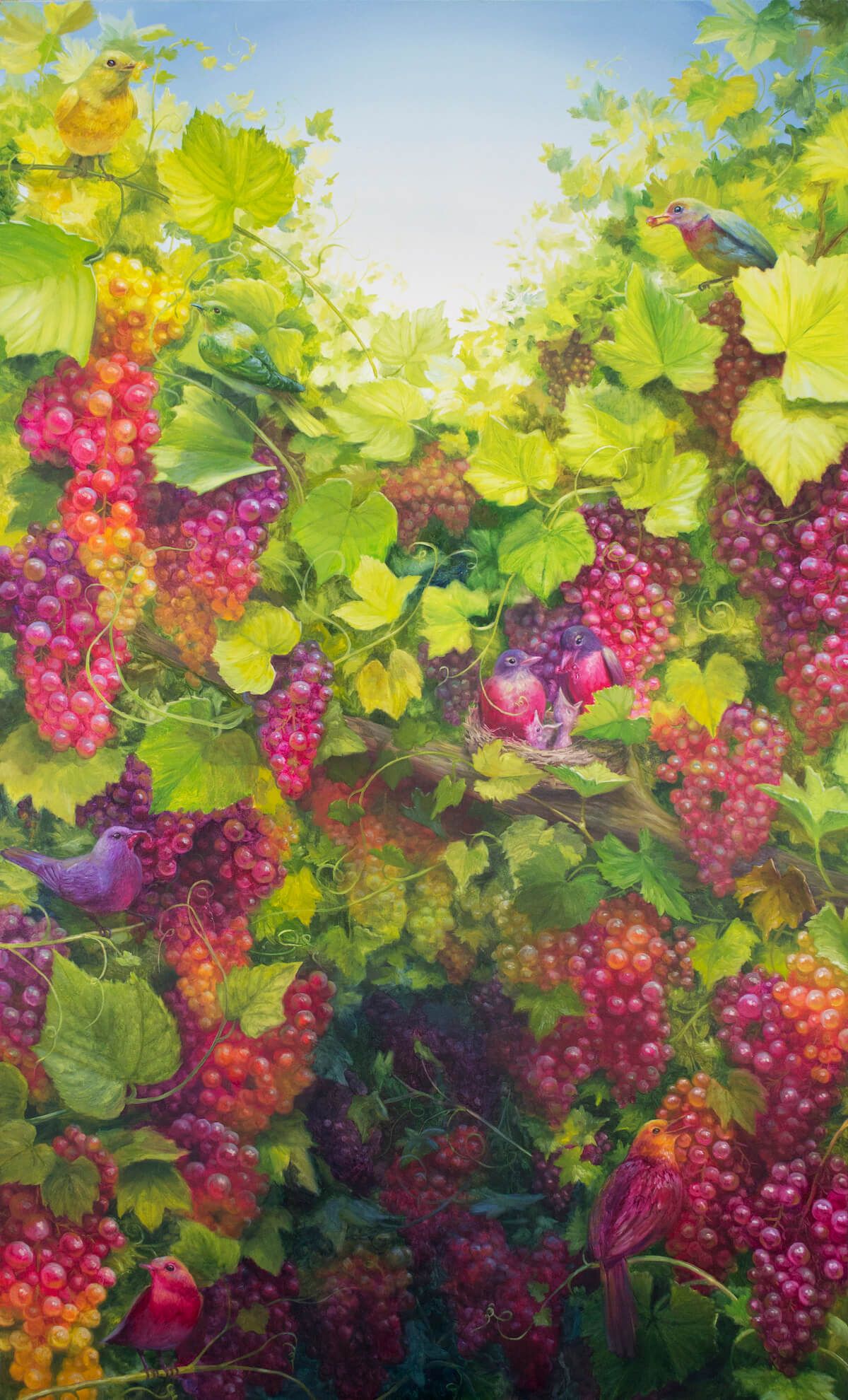A Multiverse of an Umami-layered Happiness
Kashkaval Manoushe. Courtesy of Hussain AlMoosawi.
“Hussain, you need to have your own restaurant”. This is how people respond to having my home-cooked food for the first time. I find it hard to take this compliment, as I am aware operating a commercial kitchen is a different story. I tend to reply saying that having an eatery—that I would rather be more of an osteria—is more of a retirement project. People will always need to eat. Unless you are chasing trends or in it for just the money, I can see no urge to rush.
Deep down, my interest in food is not about the instagramable end product, and I find it difficult to enjoy a dish without knowing its story. With time, I started to realize that my interest in food became highly influenced by another strong interest of mine—storytelling. The final dish is more of a headline. Most people are happy to skim through menus. A good dish, however, demands its story to be heard.
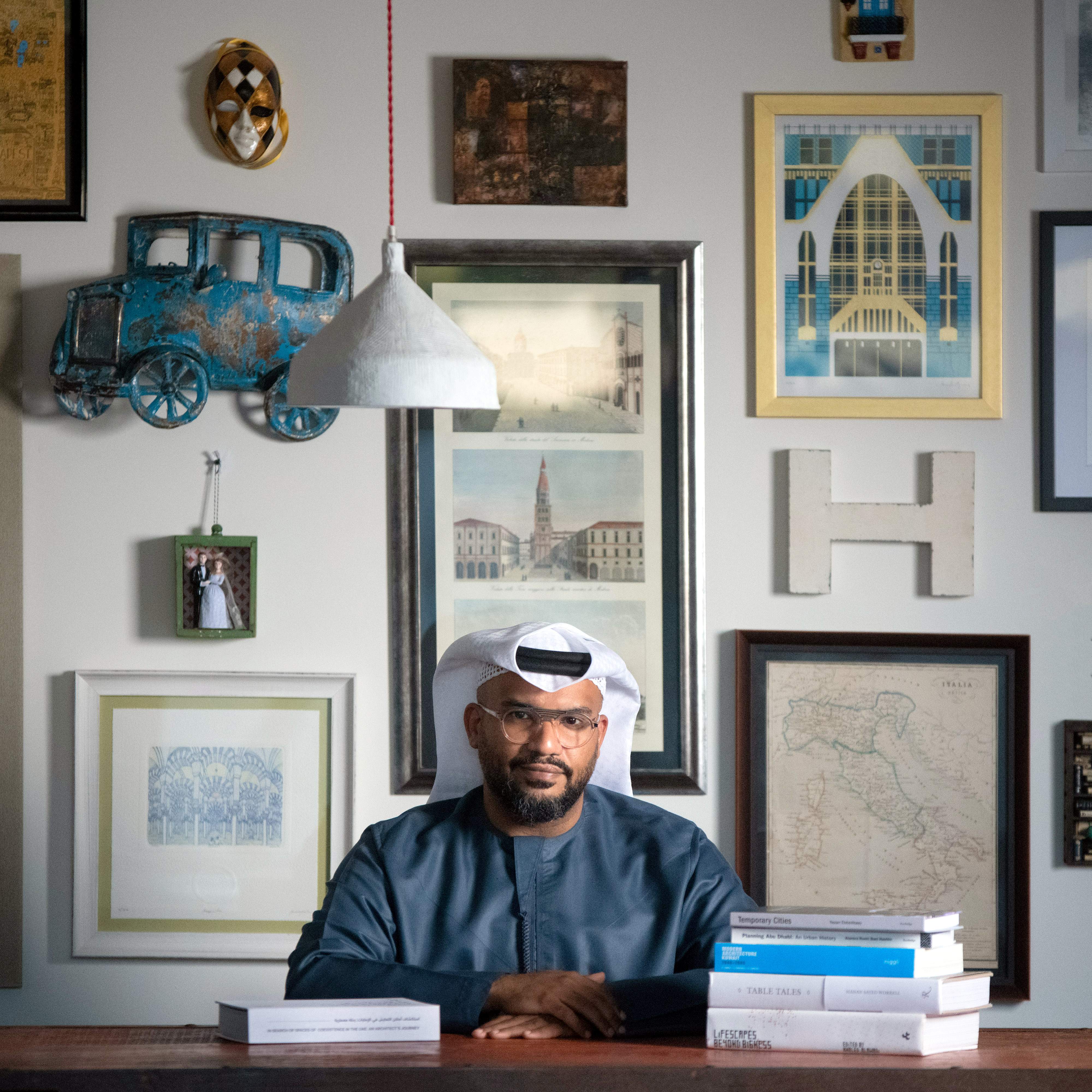
Hussain AlMoosawi
Despite how romantic it might sound; I would be lying if I said my love for food stemmed from watching my grandmother cooking every day. I almost envy those who have such stories, allowing them to pass on the wealth of generational knowledge and transform it into an edible living tradition. Having said that, if my family was the source of inspiration, my cooking today would have taken a completely different path. Rather a less interesting one.
Both grandmothers played a strong “supervisory” role when it came to food, ensuring the right dishes were prepared to celebrate certain occasions—whether it’s Friday gatherings or Eid. Growing up, this illustrates my standard for traditional Khaleeji food, which till today is quite challenging to find when eating out – in the UAE at least. With the exception of Fridays and special occasions, I’m not fond of my food experience as a child and a young adult. A range of foods and eating behaviors that qualify as “junk” were quite dominant, and my knowledge of cooking was mediocre at best.
How did my love for food and cooking evolve? Again, not much romance to speak of. Cooking was nothing but a form of survival when I went to study abroad. It was my first time leaving home. With not much of an allowance to eat out every day, cooking was the only way to make it through the month. To be fair to my early food beginnings, this hardship—despite being a first world problem—made me unified with the greatest master-cooks in history. With that, I mean the collective of humans who invented, perfected and passed on recipes as a form of survival from all around the globe.
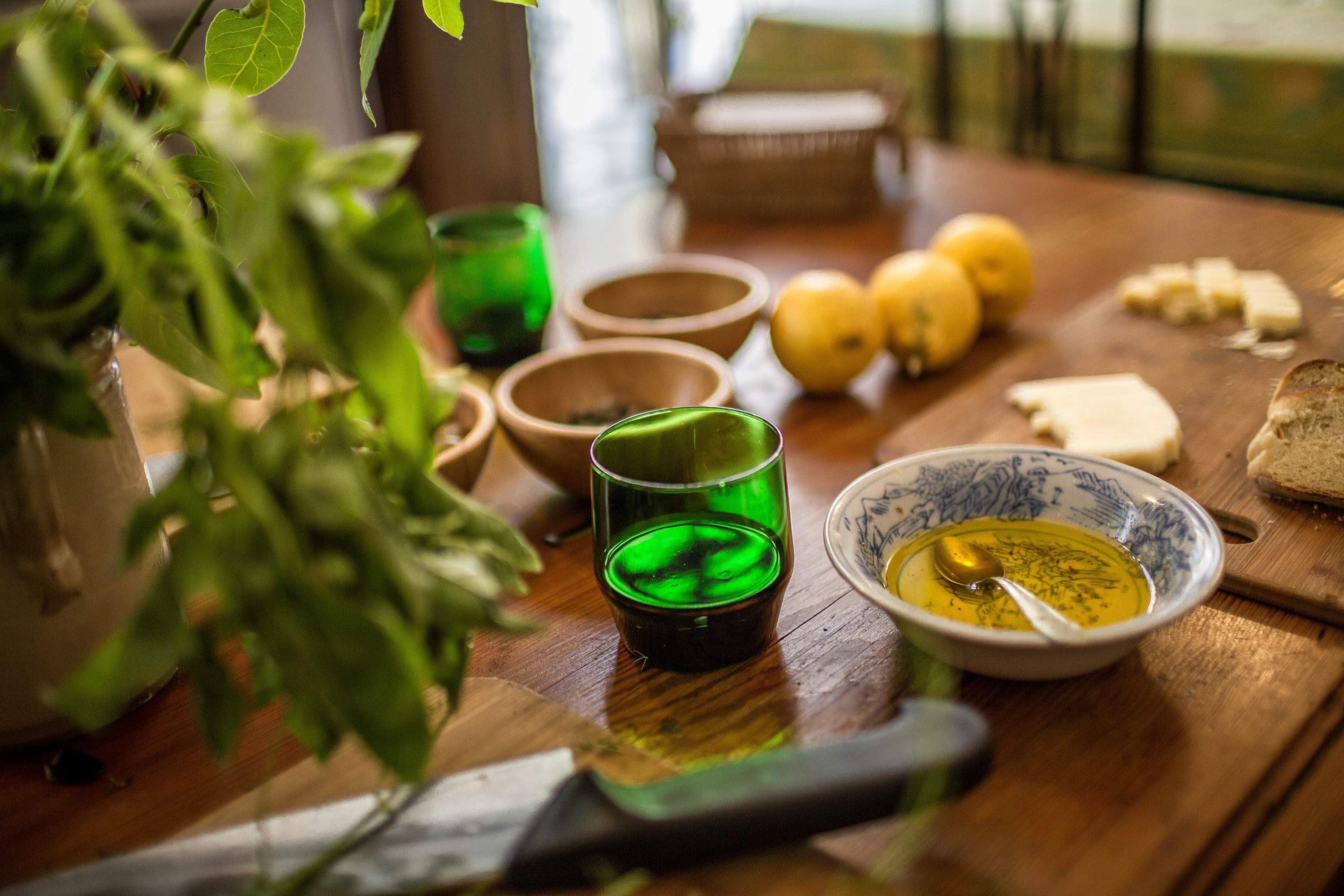
Courtesy of Hussain AlMoosawi.
For many dishes that originated from the 19th and 20th centuries, there has been some documentation that traced them to specific individuals. However, most of the world’s cuisine evolved across many centuries, and those who created and perfected those dishes went pretty much uncredited. We might label some of those dishes today as being fancy, though most were created out of extreme hardship, making the most out of available ingredients and tools.
This takes me back to the “era” of my premature cooking skills in my early 20s. For almost four years, my cooking was nothing but catastrophic. My food offered nothing except nourishment, and sometimes it even lacked it. For some reason, this did not restrain my courage to cook for people. I remember cooking for a friend once, who shied away from offering any feedback and ate in silence. Reflecting back, this stirs an urge within me to release a friendly apology to all those I had cooked for then.
Like all my creative endeavors, I had a eureka moment when it came to food. Such moments take place after a lengthy period of wandering and discovery. My moment was in 2009, when I moved from Brisbane to Melbourne, a city known for the influx of mediterranean immigrants after the Second World War. They helped in shaping the city’s culinary identity.

Courtesy of Hussain AlMossawi
I was lucky to have some Italian friends, who exposed me for the first time ever to proper Italian cooking. This contrasted with an upbringing where pasta was almost cooked like a biryani, and where pizza was nothing but an American offshoot of the real deal. After trying homemade pasta many times, we went to a place they claimed as the best pizza in Melbourne. The skeptic in me wasn’t quite evolved then. I was full of unbridled excitement.
Delightfully, after eating my first slice, I was transformed to a multiverse of an umami-layered happiness. It took me back to my college days in Dubai, when I developed a culinary affair with manoushe with eggs, tomato and cheese. Somehow, it’s more enticing in Arabic, “jebneh ma’ bid wa banadura”. Except for the eggs, that pizza had the same ingredients—creating an “aha” flatbread unity within me.
This moment was not only vital to my understanding of food. It also influenced my traveling. Today, I’m on a quest to discover the cultural unity of the coastal areas of Mediterranean countries, where food plays a significant role. Ingredients such as olive oil became a sacred staple in the household, almost more important than drinkable water.

Courtesy of Hussain AlMoosawi.
Along the lines of my pizza story, my relationship with many other dishes and ingredients took a similar turn, taking me to different places, exposing me to family histories, different microclimates and ways of life. Today, what brings me joy is cooking for people. I must confess, I do not cook a wide range of dishes, but for those I do, I cook them to perfection. I always insist I’m not a chef but a home cook. It has nothing to do with talent. A chef is a cook who makes a living out of it, with which, you immerse yourself in the ins and outs of the food and beverage industry.
Compared to a customer service experience, I take my guests on an educational journey, shedding a light on the technique, the origin of the ingredients and all the stories related to the dish. I learned about food the hard way, which was paved with many embarrassments. Still, it was a pleasant way, heavily influencing every aspect of my life. I believe it’s important to integrate cooking in our education. It teaches kids basic practical life skills, but it also puts other fields of knowledge such as history, geography and even chemistry into perspective.
I wish I was taught in school how certain ingredients evolved and moved across continents—for us to fuse them into a pleasant and nutritious outcome. When taking part in any conversation, I can almost borrow an example from food to tackle a wide range of problems. It only requires attention to what food holistically represents. I specifically find a lot to be learned from fermentation, which forms the “base” for many of my analogies. With our ever-dwindling attention spans, it brings me enormous joy to remember that producing certain foods—such as cheese and miso—cannot be accelerated without betraying their essence, forcing us to submit to the pace of nature.
If so, you must acquire a range of many sensibilities beyond a sensitive palate. You cannot become one simply by trying different restaurants from a wide range of cuisines. Being a foodie stems from understanding the value of food through its geographic, cultural and socioeconomic systems.
Back to pizza. Whenever I find myself short of a good pizzeria in my vicinity, I look for the closest Lebanese bakery to order a kashkaval manoushe. Before the cheese melts, I flatten it, then top it with baby tomatoes, chili flakes, fresh basil, shaved pecorino and a drizzle of olive oil. It’s not Italian, but it’s wood-fired, and most importantly, it’s very much true to the Mediterranean origin of pizza. Cost? Almost that of a Neapolitan pizza when having it in Naples.
